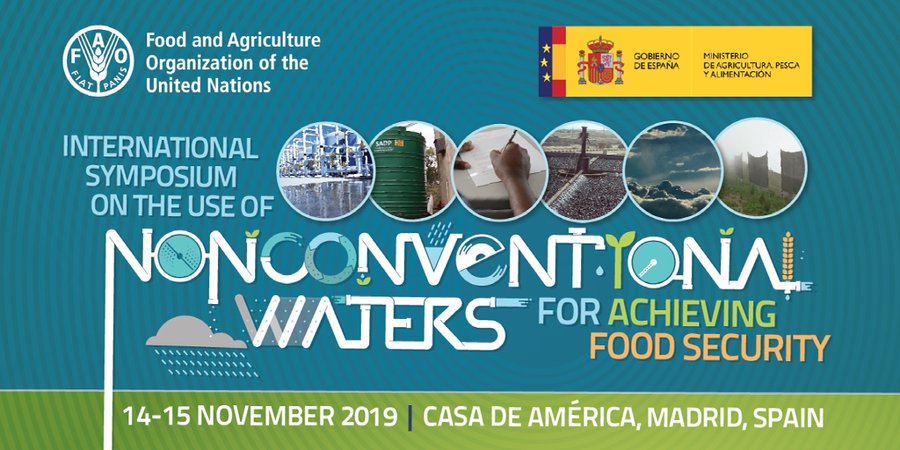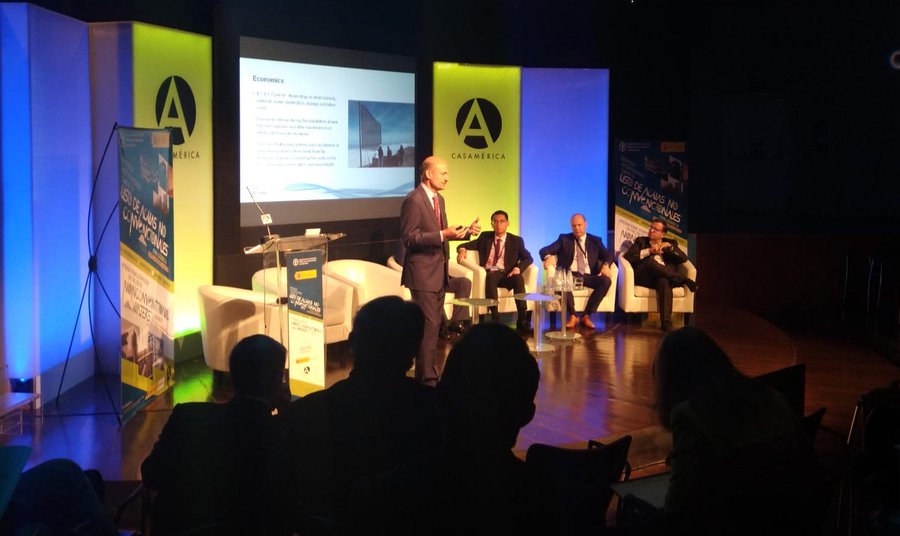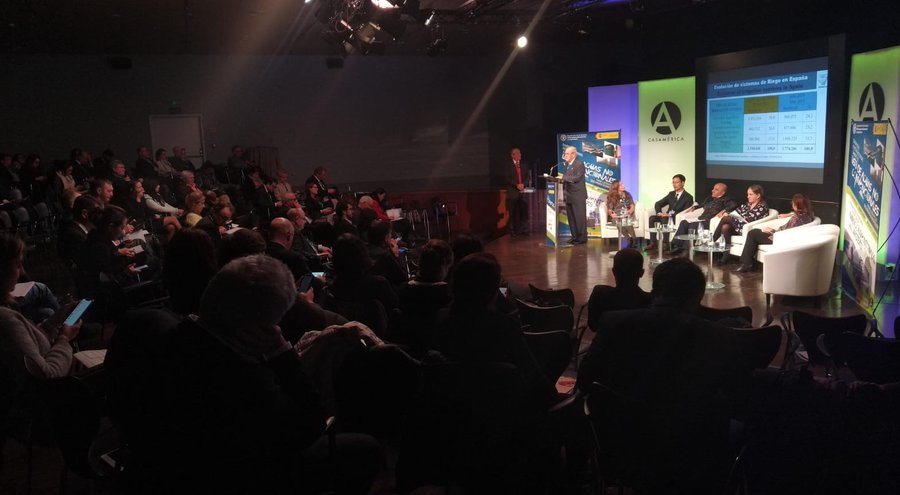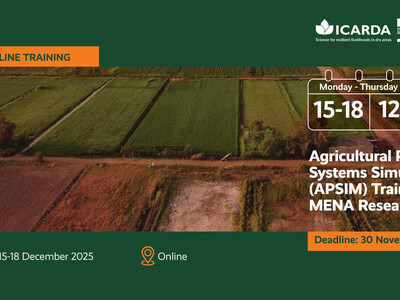International Symposium on the use of Non-Conventional Waters to achieve Food Security
Start Date
November 14, 2019
End Date
November 15, 2019
Type
Conference
Location
Madrid
 14-15 November 2019. Madrid. International Symposium on the use of Non-Conventional Waters to achieve Food Security
14-15 November 2019. Madrid. International Symposium on the use of Non-Conventional Waters to achieve Food Security
The global water community at large supports efforts in water-scarce countries and communities to go beyond the use of conventional water resources and plan for non conventional water supplies. This support stems from the aim to narrow the water demand-supply gap; and to achieve specifically the Sustainable Development Goals (SDG) 2 and 6, calling respectively, for achieving zero hunger and for achieving clean water and sanitation for all people by the year 2030.
Attention is shifting to finding innovative solutions such as the use of non conventional water resources including reclaimed wastewater, desalination, fog harvesting, and their associated technologies.
Attention is shifting to finding innovative solutions such as the use of non conventional water resources including reclaimed wastewater, desalination, fog harvesting, and their associated technologies.
Non conventional water use requires changes in traditional water allocation frameworks, funding structures, water-quality standard-setting, regulatory frameworks, and institutional mandates. It requires effective and coordinated governance at all levels with integrated management and consistent policies aimed at economic efficiency, social equity, and environmental sustainability. Water allocation plans should meet the needs of multiple water users while engaging stakeholders through a participatory process.

of freshwater. The technology is environmental friendly,
and simple to operate and maintain, says Manzoor Qadir
from UNU-INWEH during the Symposium
on Nonconventional Waters
- Mr Claudio Bacigalupi, Head of Water Sector, International Cooperation and Development Unit – Environment, Natural Resources, Water, European Commission (EC)
- Ms Heba Ahmed, Water Resources and Irrigation Specialist, World Bank
- Mr Oriol Bellot, Head of Projects Department, Suez Agriculture
- Ms Valeria Silvestri, Water Management and Rural Infrastructure Expert, International Fund for Agriculture Development, IFAD
- Ms Aslihan Kerc, Chair, Global Wastewater Initiative, Turkish Water Institute (SUEN)
- Mr Wang Yaosheng, Professor, Institute of Environment and Sustainable Development in Agriculture, Chinese Academy of Agricultural Science (CAAS)
- Mr Ahmed Uleimat, ASG for Labs and Quality Affairs, Water Authority, Ministry of Water and Irrigation of Jordan
- Ms Akissa Bahri, Former Director, African Water Facility (AWF), Tunisia

said Mr. Ahmed Uleimat from the Jordanian
Ministry of Water and Irrigation
- Mr Zaidan AbuZuhry, WASH Officer, Seawater Desalination Plant Project, UNICEF
- Mr Antonio Borrero, Director, Africa and Europe, Water Deparment, Abengoa, Spain
- Mr Nicholas Sloane, Director, Resolve Marine Group, Cape Town, South Africa
- Mr Nikolay Voutchkov, DTRI and Saline Water Conversion Cooperation, Saudi Arabia
- Mr Domingo Zarzo Martínez, Technical and Innovation Manager, SACYR Water Services, Spain
- Ms Dionysia Lyra, International Centre on Biosaline Agriculture (ICBA), United Arab Emirates
FINANCING - “Investments and financial instruments in a circular economy”
- Mr Francesc Hernández, Professor in Water Economics, University of Valencia
- Mr Octavi Quintana Trias, Director, Partnership for Research and Innovation in the Mediterranean Area, PRIMA
- Ms Valeria Silvestri, Senior Water Management and Rural Infrastructure Expert, International Fund For Agriculture Development (IFAD)
- Ms Heba Ahmed, Water Resources and Irrigation Specialist, World Bank
- Mr Carlos Cosín, President, International Desalination Association (IDA)/ CEO, Almar Water Solutions.

